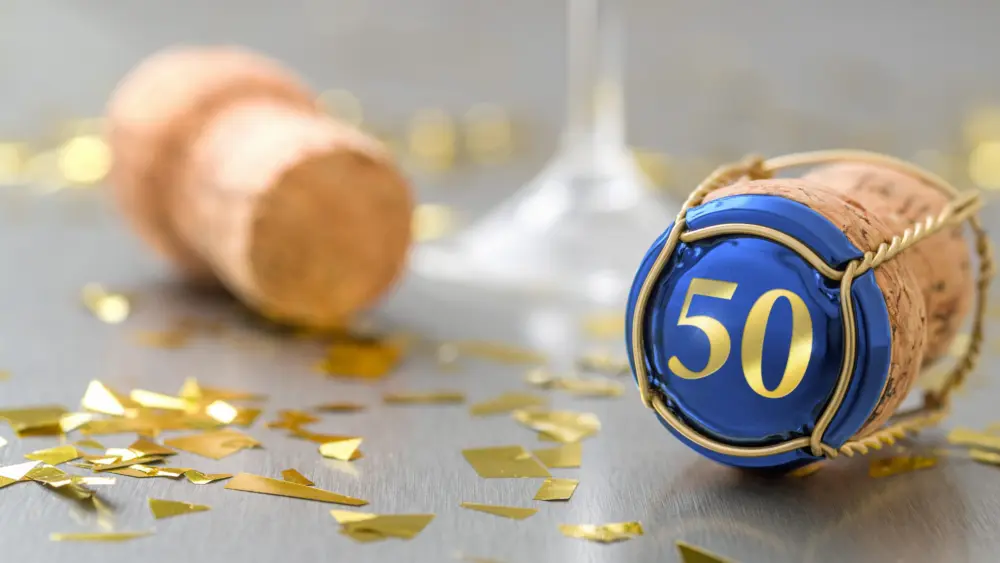With the wine judging season in full swing, I think it’s time to look at the value of wine competitions. I’m sure many of you have tasted gold medal winners that you don’t think deserved a medal at all. It’s always good to remind ourselves that everyone’s taste is different. Adding stylistic differences in the winemaking world only increases confusion. I’ve always said wine is a subjective, rather than objective, topic. There’s help on the way that’s beginning to explain why some people are wine judges, and others like you and I, can’t really understand or believe the big fancy descriptors wine judges like to use. Frequently during a judging, I find myself asking, “How do they even know what that smells like?” It makes me feel like my nose has missed half of the world’s aromas.
A recent study at Penn State University’s Sensory Evaluation Center has found that “an expert’s ability to taste is different from the rest of us; therefore, should we be listening to their recommendations?” I think there are a couple of interesting points in that statement. If we should be listening to their recommendations or not is easy to answer. The answer is probably no, but it might help you separate the very bad from the very good. I don’t think there’s really any doubt that there are biological differences in our tastes. I’m certain that, over time and nurturing, our taste buds improve our ability to determine different tastes and experience different wines. We also have to remember that many of the so-called experts are self-styled; they’ve discovered they have a unique ability and are taking advantage of it.
I’ve worked in many, many judgings during the last 50 years, and I think this little bit of research has helped me understand the difference in judges’ opinions over any given wine. With a six-person panel, there have been times when two hated a particular wine, two gave it a bronze medal and two gave it a gold medal. If we can assume that those were all “experts” doing the judging, then it must prove my point that wine is truly a subjective case—no one is wrong, just different. If I don’t like Chardonnay and I like Pinot Noir even less, what does that make me? So much for my weird tastes of liking Sauvignon Blanc, Pinot Gris and Shiraz. Most comments I’ve read are really questioning whether we should even listen to the experts, whether the subject is grading systems or competition awards. What do they mean?
While on the topic of wine competitions, I’d like to mention a column by a wine blogger regarding the recently held International Eastern Wine Competition in Santa Rosa. Wines were entered from all over the United States east of the Rocky Mountains, and we imported many judges from the eastern part of the United States so we could be fair to their wines and not use our Sonoma County or California palate to judge something that’s totally different.
For those of you who haven’t had the experience of tasting Midwest and East Coast wines, I’d suggest that you give them a try. But, don’t use your California tastes. The wines are made from many different varieties that we’re unfamiliar with—hence they taste totally different. I emphasize the word different as opposed to bad or not good. My point about Eastern wine being different is brought out by this particular writer, who said his biggest disappointment was not that certain wines won. He said they were great because only the great ones were entered. And therein lies, I think, the major problem in most of the judging that’s going on today: There are so many competitions that wineries are having to pick from, and some might decide to not even bother to enter.
As I look at the entries and results from many of the judgings throughout the United States, it’s more and more apparent that the so-called big boys and great makers are either not winning or not entering, since their medals are never listed anywhere. So when you ask your famous favorite winemaker why he didn’t win a medal, he simply says, “I didn’t enter.” End of discussion and that’s the reason losers aren’t announced. Between you and me, that’s also the reason many of the wines that get gold medals get gold medals. They were gold among their fellow entries, but those fellow entries weren’t the varsity players, who decided to sit it out and might even have been afraid of getting beat. It makes sense: If you’re considered King of the Hill, why take a chance on getting knocked off? I could make a list of at least 20 wineries here in Sonoma County with that attitude. Seems that fear of getting beat is stronger than the chance of winning a gold medal. So much for your marketing lesson of the day.
The moral of the story is to keep practicing. We may never be as good as the experts, but we’ll get better and it will be fun learning. Oh, and by the way, ignore all of those experts’ points and shelf talkers.
A couple of words in conclusion are to thank Ken and Diane Wilson of Wilson Winery for doing a fund-raising tasting for the Japanese disaster relief efforts. Ken and Diane, I think it’s wonderful. Keep up the good work and the great wines. Now add a bottle or two of some wines from Missouri to your homework list.



